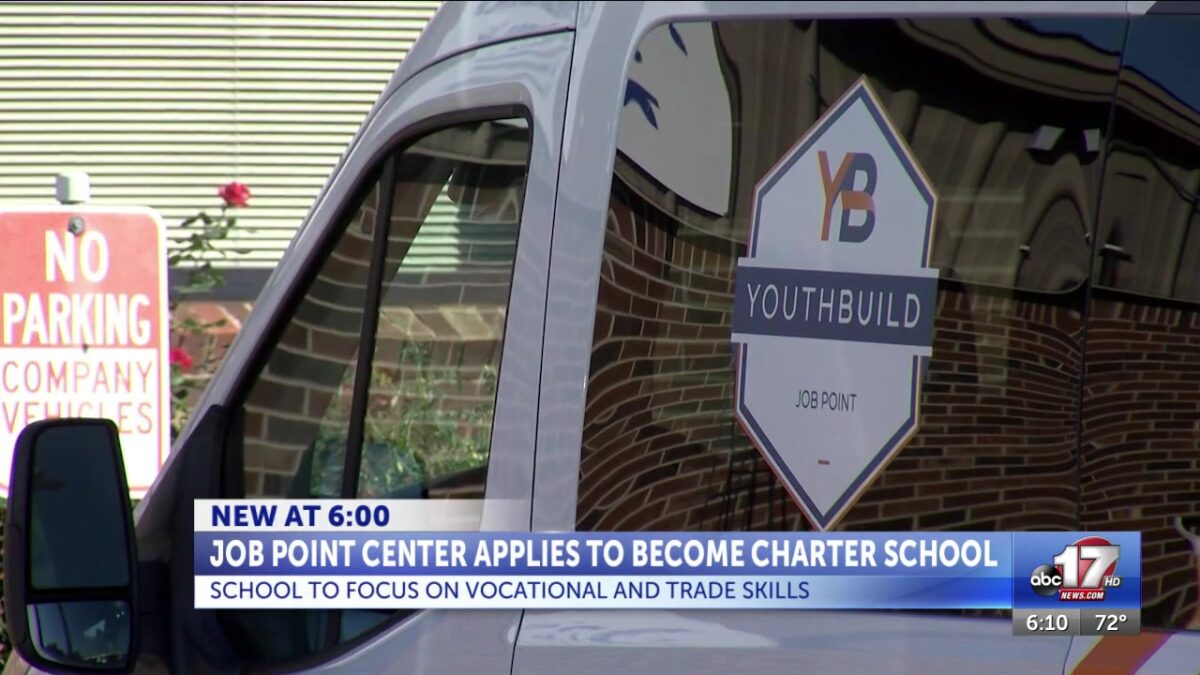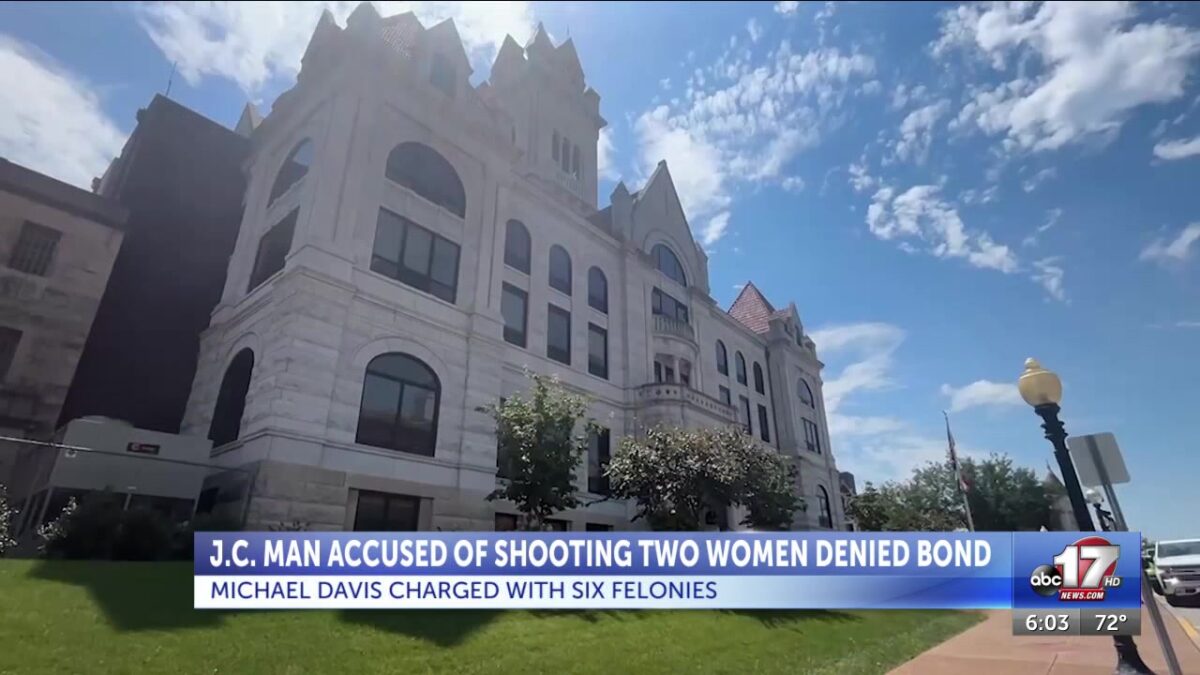Several MU parents voice concerns and call for plan of action from the university, records show
Nia Hinson
COLUMBIA, Mo. (KMIZ)
Several parents of University of Missouri students are growing worried about sending their children off to school in Columbia, records show.
Email records obtained by ABC 17 News show several parents have reached out to UM System President Mun Choi in the wake of a deadly downtown shooting. Stephens College student Aiyanna Williams was killed after she was shot on Sept. 27.
Parents’ concerns also follow an email Choi sent to several city leaders— including Mayor Barbara Buffaloe, City Manager De’Carlon Seewood and Boone County Prosecutor Roger Johnson– calling for action to address crime.
Choi also sent that email to the Board of Curators, DNR director Kurt Schaefer and business leaders Jim Yankee and Erica Pefferman, among other.
Two days after the shooting, records show a parent and alumni of the university reached out to Buffaloe, Seewood and Choi regarding a concern for safety in the city. The parent’s name is redacted in the email.
The parent wrote that their child is a junior at the university, but recent violence and the homicide that occurred the day prior to the email has left the parent “deeply concerned.”
“Columbia has long been known as a safe and welcoming community, yet the increase in violent incidents undermines that reputation and, more importantly, threatens the well-being of its citizens and students,” the email states.
The parent also wrote that they are equally concerned about the growing homeless population in the downtown area, claiming the concentration of encampments and homeless people creates an unsafe environment. The email urges leaders to address the issues with urgency and create a plan of action to address violence and homelessness.
Another parent wrote in an email on Sept. 29 that they had a child graduate from the university recently and were torn about whether or not they should send their second child, due to violence over the years. The parent wrote that regret sending their second child and will not be sending their third.
The parent wrote they frequently receive alerts from the university about shootings and called the university’s reputation “tarnished.”
“Students getting injured and now killed by gun violence is horrifying and I cannot understand why the city lets this go on,” the email states. “I hope you are not waiting for more students to get shot.”
Records also show a parent reached out to president Choi in April, claiming they were in Columbia the weekend prior when multiple alerts were sent out by the university for shootings. Two men were shot the weekend prior, according to previous reporting.
The university responded, asking the parent for a phone call.
The same parent wrote again following Williams’ death, writing the fear of something like that happening was the reason she had written to Choi in April. The parent called the violence unacceptable, and called for change, saying Choi’s emailed response was too late.
“I have read your email this morning. I feel it’s too little, too late. We were screaming from the rooftops last April and now someone is dead,” the email says.
According to emails exchanged between Choi and Boone County Northern District Commissioner Janet Thompson, the two had discussed efforts to help curb crime and issues within the city before the shooting. Records show Thompson sent an email to Choi about data sharing platforms the university and county could get involved.
Thompson wrote the platform is being used in Johnson County and could be used as a possible solution to issues Boone County faces. Thompson said the county had been “touting the My Resource Connection that Johnson County built out and shared with Douglas County for some time now” and thanked Choi for advocating for the platform.
Choi responded and asked Thompson to share more information about the platform that he later forwarded to colleagues. Thompson noted the county has been working with the Missouri Hospital Association, Missouri Sheriff’s Association and other agencies.
Thompson told ABC 17 News on Wednesday the data sharing would address multiple issues, including crime. She said University Health Care and their law enforcement are key players and that she Choi have spoken about the platform since the deadly shooting.
“We think Dr. Choi’s help at this point will be able to move this project forward as Dr. Choi understands the need for everybody to be working together across systems and across agencies,” Thompson said.
Records also show Boone County Presiding Commissioner Kip Kendrick had sent an email to MU CFO Ryan Rapp following the deadly shooting, indicating he did not plan to go on a planned trip to South Carolina in the wake of the shooting.
Kendrick told ABC 17 News via email that after several conversations, including a meeting at the university last week, he decided to go.
“Much of the conversations in Columbia, South Carolina, revolved around public safety, law enforcement, and downtown safety. President Choi ended up sending Chief Weimer on the trip as well to be part of the conversations. I’m glad that I went,” Kendrick said.
ABC 17 News reached out to MU.




 Courtesy of Jefferson City.
Courtesy of Jefferson City.



